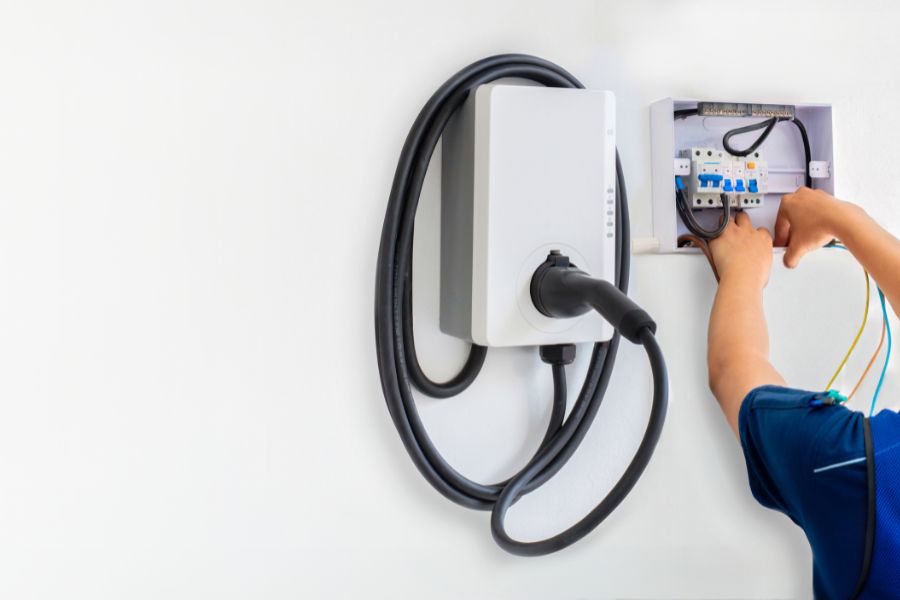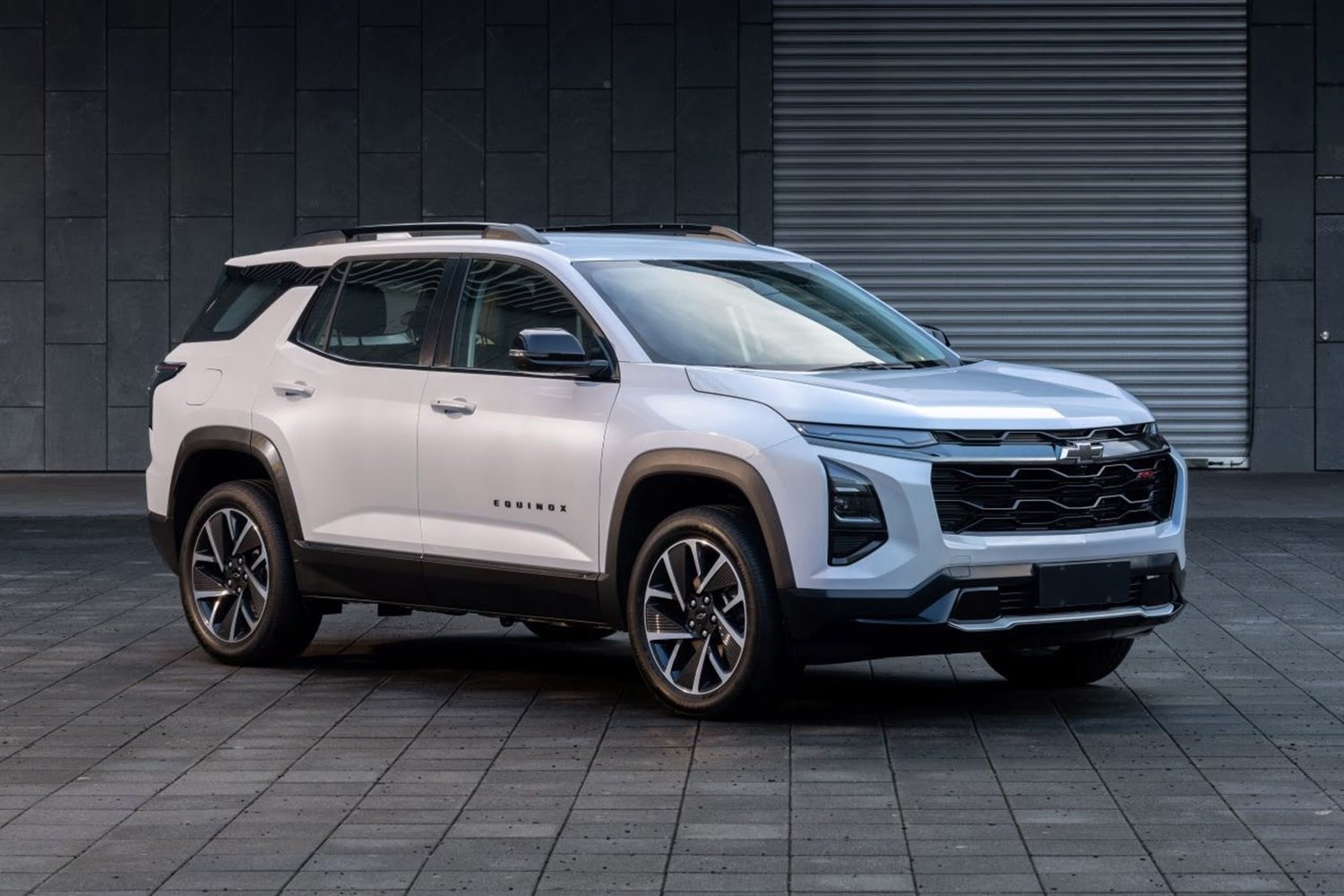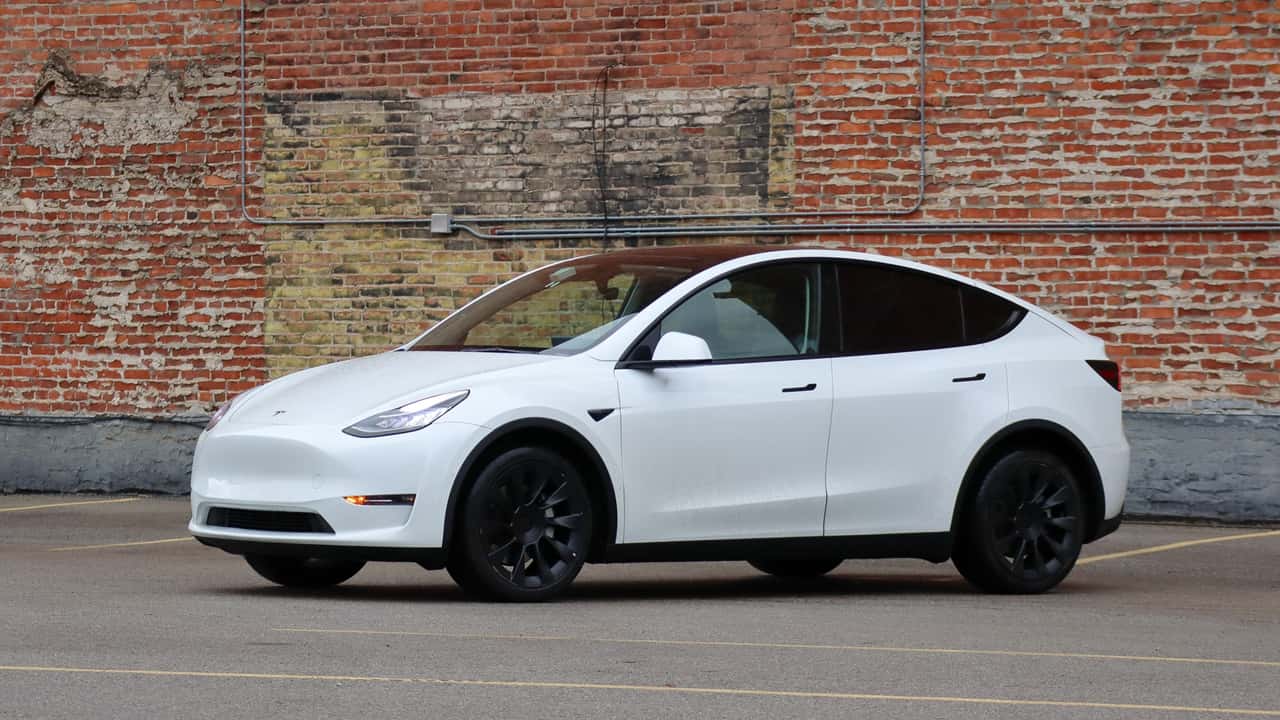Introduction
Installing a home EV charger is one of the best decisions a new electric vehicle owner can make—but it’s not a DIY job for most people. EV chargers require high-voltage wiring, compliance with local codes, and, most importantly, safety. Choosing the right licensed electrician ensures your installation is safe, efficient, and future-proof for upcoming EV upgrades.
This guide explains how to find a qualified electrician for your EV charger installation, what to ask before hiring, and what to expect during the process.
1. Why You Need a Licensed Electrician
EV chargers—especially Level 2 home chargers—operate on 240 volts, similar to an electric dryer or oven. Incorrect wiring can cause overheating, breaker trips, or even electrical fires. A licensed electrician ensures:
-
Proper load calculation to prevent overloading your panel.
-
Code compliance with NEC (National Electrical Code) standards.
-
Safe grounding and GFCI protection for wet environments.
-
Inspection approval if your city requires a permit.
Hiring a professional doesn’t just protect your home—it also maintains your EV charger’s warranty and insurance coverage.
2. Where to Find Qualified Electricians
You have several ways to find a certified electrician who understands EV charger installation:
a. Manufacturer-Recommended Installers
Many EV charger brands (like EVDANCE, ChargePoint, and Wallbox) partner with certified installers who have training specific to their models. Check the brand’s official website for a “Find an Installer” or “Authorized Partner” section.
b. Local Utility Companies
Some utilities maintain a list of approved EV charger electricians and even offer rebates for using them. This can simplify both the installation and the paperwork for incentives.
c. Online Platforms and Directories
Trusted directories include:
-
Thumbtack
Search for “EV charger installation electrician near me” and filter by licensed professionals with EV experience.
d. Word-of-Mouth and EV Communities
Local EV owner groups (on Facebook or Reddit) often share recommendations for reliable electricians. Personal referrals remain one of the safest ways to find trustworthy installers.
3. What to Ask Before Hiring an Electrician
Before signing any contract, ask the following:
| Question | Why It Matters |
|---|---|
| Are you licensed and insured? | Confirms professionalism and accountability. |
| Have you installed EV chargers before? | Experience with EV-specific wiring and codes is crucial. |
| Can you perform a load calculation? | Ensures your electrical panel can support a new circuit. |
| Do you handle permits and inspections? | Simplifies paperwork for compliance. |
| Can you install a NEMA 14-50 or hardwired connection? | Determines compatibility with your charger. |
| What’s the estimated cost and timeline? | Helps you budget realistically. |
Always get written quotes and avoid electricians who offer verbal estimates only.
4. Understanding the Installation Process
The installation of a Level 2 wall charger typically follows these steps:
-
Site Assessment:
The electrician inspects your breaker panel, wiring, and outlet location to confirm feasibility. -
Load Calculation:
They calculate your home’s total electrical load to determine whether an electrical panel upgrade is needed. -
Permit Application:
In many cities, a permit is required for 240V circuit installations. -
Installation and Testing:
The electrician installs the outlet or wall box, connects wiring, grounds the system, and tests voltage output. -
Inspection (if required):
A city inspector reviews the installation for safety and compliance. -
Final Demonstration:
You’ll receive a quick overview of how to safely operate your charger.
5. Average Cost of EV Charger Installation
Costs vary by region and complexity:
| Type of Installation | Estimated Cost (USD) |
|---|---|
| NEMA 14-50 Outlet (Simple Install) | $300–$600 |
| Hardwired Wall Box (Standard) | $600–$1,200 |
| Panel Upgrade or Long Wiring Run | $1,200–$2,500 |
| Outdoor Weatherproof Setup | $800–$1,500 |
You may qualify for federal or local tax credits, reducing the cost by up to 30%. Always ask your electrician about rebate documentation.
6. Key Safety Certifications to Check
Before installation, verify that both your EV charger and the electrician’s materials are UL or ETL certified. These certifications mean the components meet strict U.S. electrical safety standards.
Additionally, ensure the installation follows NEC Article 625, which governs EV supply equipment (EVSE).
7. Red Flags to Avoid
Avoid electricians who:
-
Offer quotes without seeing your home.
-
Suggest using extension cords for permanent charging.
-
Are unfamiliar with NEMA plug types or EV load requirements.
-
Refuse to provide proof of insurance.
A poor installation can lead to frequent breaker trips, tripped GFCI outlets, or worse—fire hazards.
8. How to Prepare Your Home Before Installation
To streamline the process:
-
Clear the area near your garage wall or driveway where the charger will be mounted.
-
Locate your breaker panel and take a photo for pre-assessment.
-
Decide plug type (NEMA 14-50, NEMA 6-20, or hardwired).
-
Measure cable reach to ensure your EV’s charging port can be reached easily.
9. Verifying the Installation
After completion, test the charger by:
-
Plugging in your EV and confirming stable current flow.
-
Checking the charger app (if smart-enabled) for voltage readings.
-
Ensuring no outlets, plugs, or cords feel warm to the touch.
Keep a copy of your installation report and permit approval—these are useful for warranty or insurance claims.
10. The Long-Term Value of Professional Installation
A properly installed EV charger delivers:
-
Peace of mind: reduced risk of electrical issues.
-
Increased property value: especially for homes with dedicated EV infrastructure.
-
Future compatibility: ready for newer, faster chargers.
-
Warranty coverage: many manufacturers void warranties if self-installed.
In short, professional installation isn’t just safer—it’s a long-term investment in your EV lifestyle.
Chart: Steps to Hiring the Right EV Electrician









Share:
EV Charging Cords vs Wall Boxes: Which One Should You Buy First?